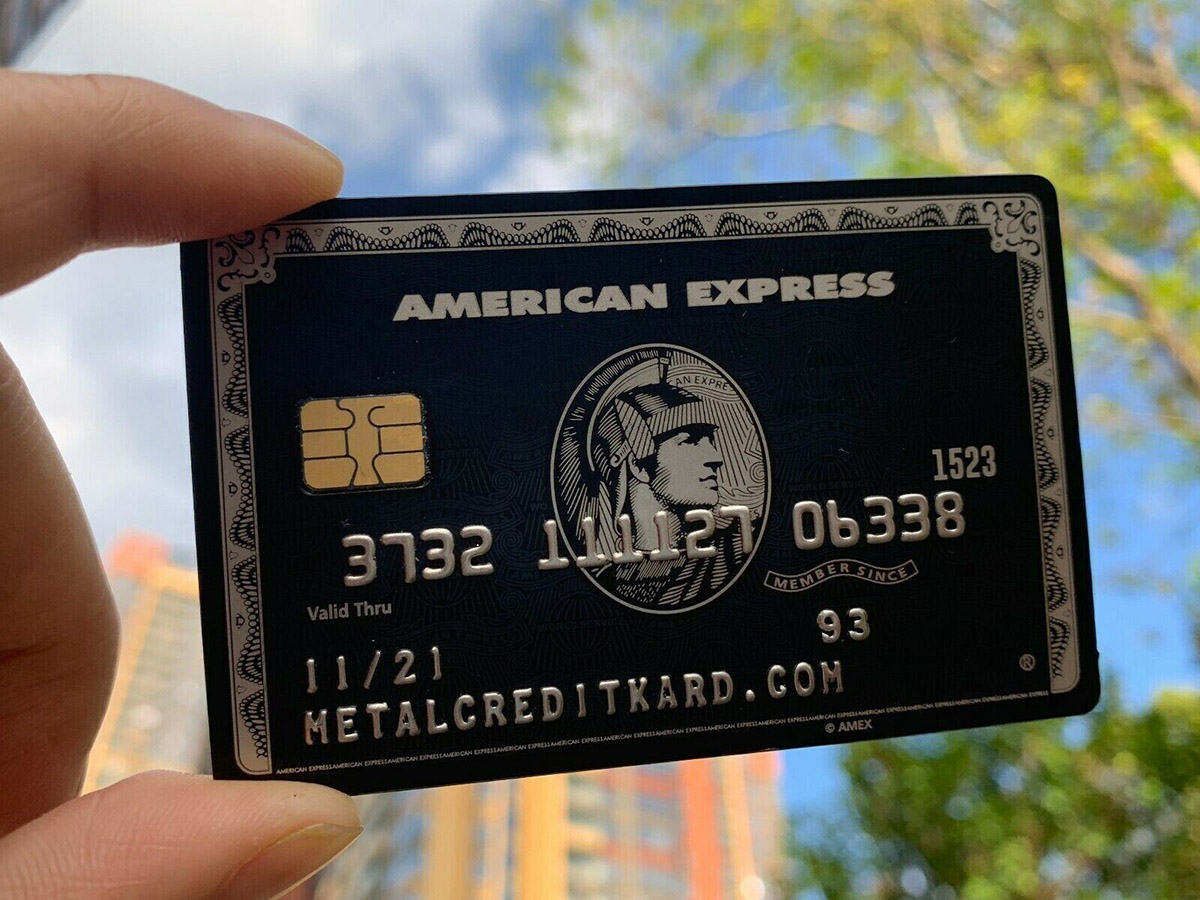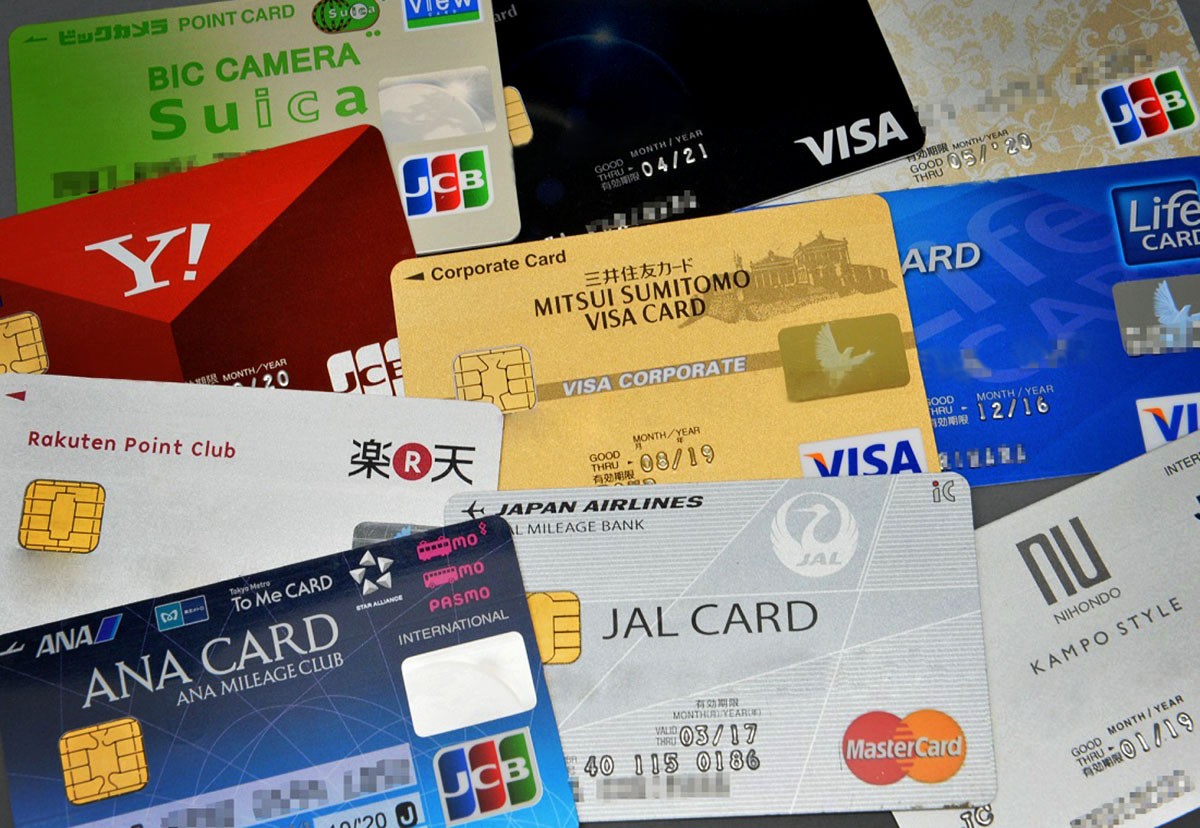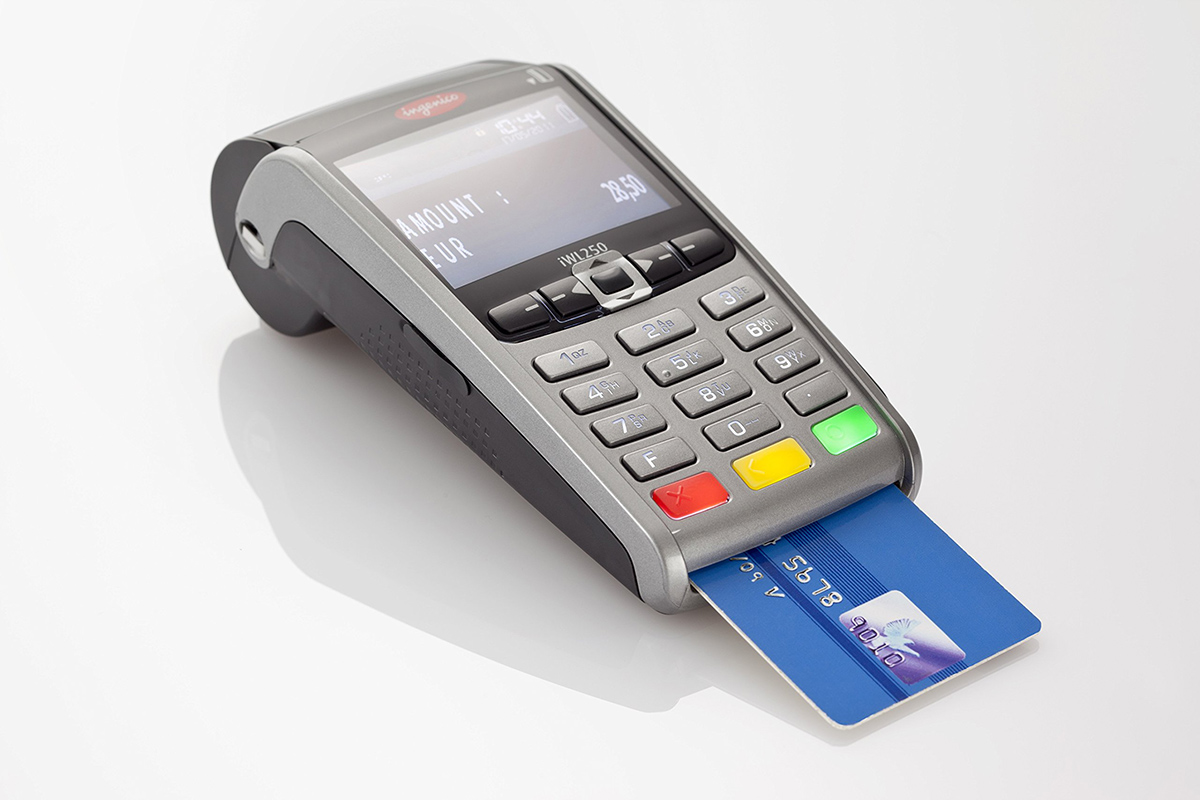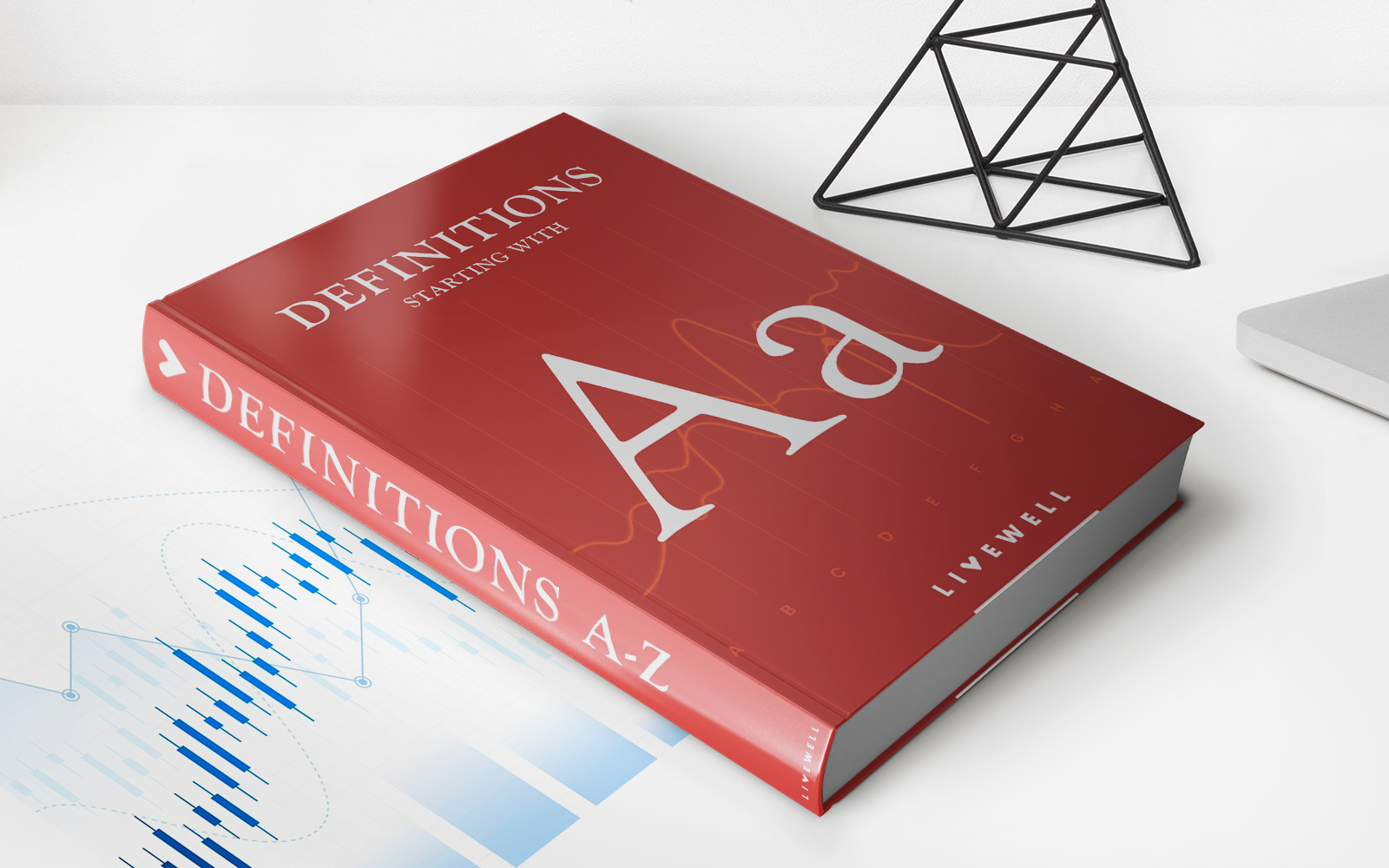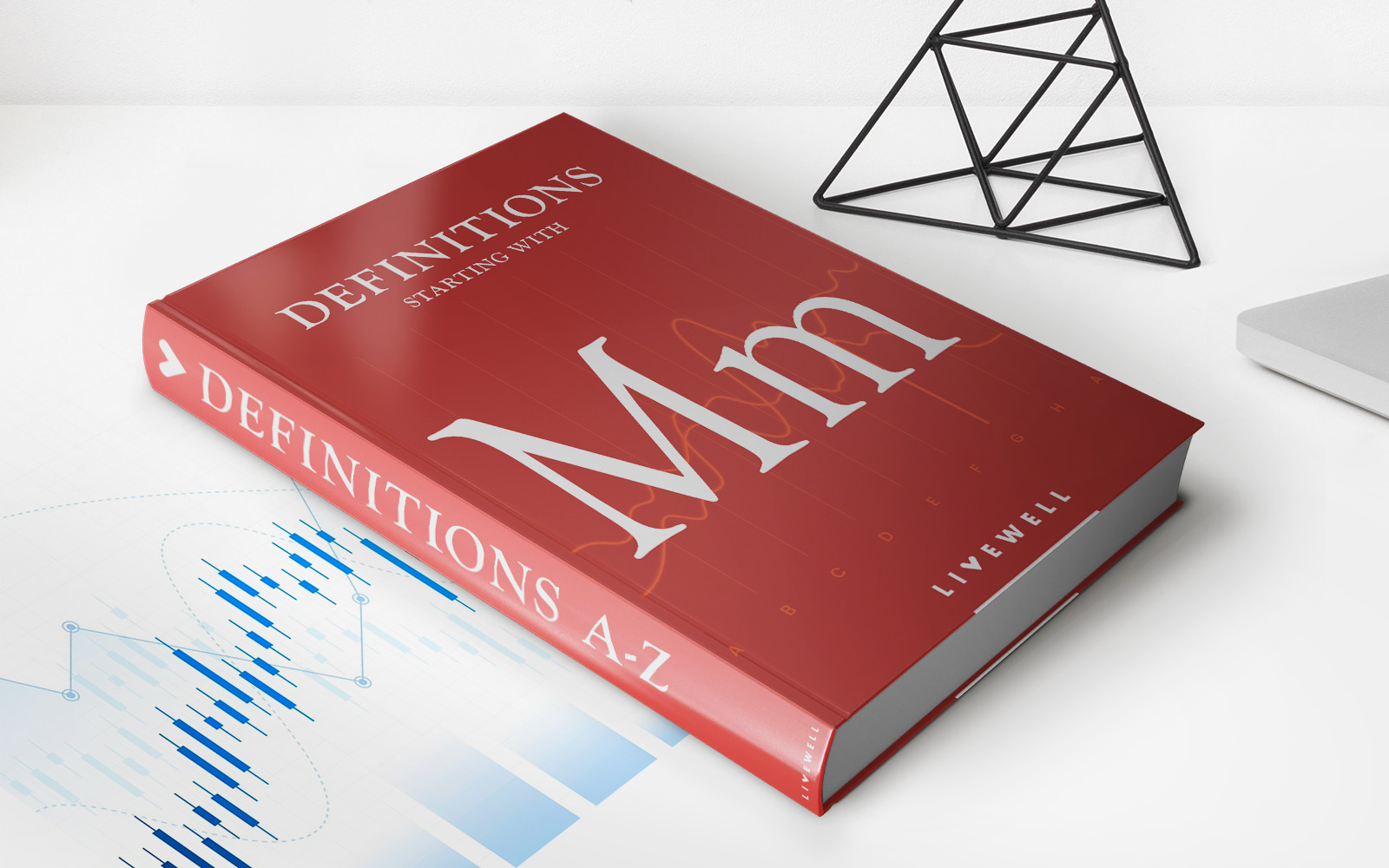

Finance
How To Get A Credit Card At 16
Modified: December 29, 2023
Learn how to get a credit card at 16 and manage your finances effectively. Take control of your financial future and start building credit early on.
(Many of the links in this article redirect to a specific reviewed product. Your purchase of these products through affiliate links helps to generate commission for LiveWell, at no extra cost. Learn more)
Table of Contents
- Introduction
- Eligibility Requirements for Getting a Credit Card at 16
- Types of Credit Cards Available for Minors
- Steps to Get a Credit Card at 16
- Tips for Responsible Credit Card Use
- Advantages and Disadvantages of Getting a Credit Card at 16
- Frequently Asked Questions about Getting a Credit Card at 16
- Conclusion
Introduction
Getting a credit card at the age of 16 can be an exciting milestone in a young person’s life. It signifies their growing independence and ability to manage their own finances. However, it’s important to approach this decision with careful consideration and understanding of the responsibilities that come with owning a credit card.
While most credit card issuers require applicants to be at least 18 years old, some financial institutions offer credit cards specifically designed for minors as young as 16. These credit cards often come with certain restrictions and parental involvement to ensure responsible credit card use.
In this article, we will explore the eligibility requirements for obtaining a credit card at 16, the types of credit cards available for minors, the steps involved in getting a credit card at this age, and provide some tips for responsible credit card use. We will also discuss the advantages and disadvantages of getting a credit card at 16 and address some frequently asked questions on this topic.
It is essential for young individuals to understand the importance of building a strong credit history and managing their finances responsibly. A credit card at 16 can offer a valuable opportunity to start building credit early on while also teaching financial responsibility. However, it is crucial to approach this with caution and ensure that credit cards are used as a tool for financial growth rather than accumulating debt.
Now, let’s dive deeper into the eligibility requirements for obtaining a credit card at 16.
Eligibility Requirements for Getting a Credit Card at 16
Obtaining a credit card at the age of 16 comes with certain eligibility requirements. While these requirements may vary depending on the financial institution and the type of credit card, here are some general criteria to consider:
- Age: As the name suggests, you must be at least 16 years old to be eligible for a credit card specifically designed for minors. Some credit card issuers may have different age restrictions, so it’s important to check the specific requirements of the institution.
- Income: Even though you may be eligible based on age, some credit card issuers may require you to have a source of income to demonstrate your ability to make credit card payments. This income can be from a part-time job, allowance, or any other legitimate source.
- Consent: As a minor, you will likely need the consent of a parent or legal guardian to apply for a credit card. They may be required to co-sign the credit card application or be added as an authorized user on your account.
- Financial education: Some financial institutions may require minors to complete a financial education course before being eligible for a credit card. This ensures that young individuals have a basic understanding of responsible credit card usage and financial management.
- Good standing: It is essential to maintain a good standing with any existing bank accounts and demonstrate responsible financial behavior. This includes avoiding overdrafts, late payments, or defaulted loans, as these may impact your eligibility for a credit card.
Before applying for a credit card at 16, it is advisable to contact different financial institutions to inquire about their specific eligibility requirements. This will ensure that you meet the criteria and have a higher chance of approval.
Now that you have a better understanding of the eligibility requirements, let’s explore the types of credit cards available for minors.
Types of Credit Cards Available for Minors
When it comes to credit cards for minors, financial institutions offer specific options tailored to meet the needs of young individuals. These credit cards typically come with certain restrictions and parental involvement to ensure responsible credit card use. Here are some common types of credit cards available for minors:
- Secured Credit Cards: Secured credit cards require a security deposit, which serves as collateral for the credit limit. While this type of credit card is not specifically designed for minors, it can be an option for those with limited or no credit history. Secured credit cards help build credit by demonstrating responsible payment behavior.
- Authorized User Cards: Authorized user cards allow minors to be added to their parent or guardian’s credit card account. As an authorized user, the minor gets a card with their name on it and can make purchases using the credit limit allocated to them. This type of credit card is a great way for minors to learn about credit card responsibility while under the guidance of a responsible adult.
- Prepaid Cards: Prepaid cards are not technically credit cards, but they can be used like one. These cards are loaded with a set amount of money, and minors can use them to make purchases up to the loaded amount. Prepaid cards help teach budgeting and responsible spending. However, since they do not involve credit, they do not contribute to building a credit history.
- Student Credit Cards: Some financial institutions offer credit cards specifically designed for students, including those who are 16 years old. These credit cards often come with lower credit limits, specialized rewards programs, and educational resources to help students manage their finances and build credit responsibly.
- Joint Account Cards: Joint account cards are credit cards that are held jointly by a minor and a parent or guardian. Both parties are responsible for making payments and managing the credit card account. This type of credit card promotes financial responsibility and allows parents to have oversight and teach their child about credit management.
Choosing the right type of credit card for a minor depends on their financial goals, level of responsibility, and parental involvement. It’s important to consider the terms and conditions, fees, interest rates, and any additional benefits associated with each type of credit card.
Now that we have explored the types of credit cards available for minors, let’s move on to the steps involved in getting a credit card at the age of 16.
Steps to Get a Credit Card at 16
If you’re 16 years old and interested in getting a credit card, here are the general steps you can follow:
- Research: Begin by researching different financial institutions and credit card options that offer credit cards for minors. Look into their eligibility requirements, fees, interest rates, and any additional benefits they may provide.
- Parental Consent: As a minor, you will likely need the consent of a parent or legal guardian to apply for a credit card. Discuss your intention with your parent or guardian and gain their approval and support.
- Choose the Right Credit Card: Select the credit card type that best suits your needs and financial goals. Consider factors such as credit limits, rewards programs, and educational resources provided by the credit card issuer.
- Complete the Application: Fill out the credit card application accurately and honestly. Provide all necessary information, such as personal details, contact information, and any required financial information, such as income or allowance.
- Parent or Guardian Involvement: Depending on the credit card issuer, your parent or guardian may need to co-sign the credit card application or be added as an authorized user on your account. They will be involved in the approval process and share credit card responsibility with you.
- Financial Education: Some credit card issuers may require minors to complete a financial education course or provide proof of financial literacy before being approved for a credit card. This step ensures that you have a basic understanding of responsible credit card use and financial management.
- Wait for Approval: After submitting your credit card application, patiently wait for it to be processed and approved. This may take some time, so be patient and avoid applying for multiple credit cards simultaneously, as this can negatively impact your credit score.
- Activate and Use the Card Responsibly: Once you receive your credit card, activate it according to the provided instructions. Start using the card responsibly, making timely payments, and keeping track of your spending. This will help you build a positive credit history and establish good financial habits.
Remember, it’s important to use your credit card responsibly, pay your bills on time, and avoid accumulating debt. Responsible credit card use at a young age can set you on a path to a healthy financial future.
Now that you know the steps involved in getting a credit card at 16, let’s move on to some essential tips for responsible credit card use.
Tips for Responsible Credit Card Use
Getting a credit card at 16 is an excellent opportunity to start building credit and developing responsible financial habits. Here are some essential tips to help you make the most out of your credit card while using it responsibly:
- Create a Budget: Establish a monthly budget to track your income and expenses. This will help you plan your spending and ensure that you can make timely credit card payments without accumulating unnecessary debt.
- Pay Your Balance in Full: Aim to pay off your credit card balance in full each month to avoid interest charges. This will also help you establish a positive credit history and prevent debt from accumulating.
- Monitor Your Spending: Regularly review your credit card statements and keep track of your spending. This will help you identify any fraudulent charges and stay within your budgetary limits.
- Set Payment Reminders: To avoid late payments, it’s helpful to set up automatic reminders or alerts to remind you of upcoming due dates. Timely payments are a crucial aspect of responsible credit card use.
- Avoid Maxing Out Your Credit Limit: Try to utilize no more than 30% of your available credit limit. Keeping your credit utilization low demonstrates responsible credit card management and can positively impact your credit score.
- Think Before Making Impulsive Purchases: Before making a purchase, ask yourself if it aligns with your budget and financial goals. Avoid impulsive buying and focus on making thoughtful and necessary purchases.
- Understand Interest Rates and Fees: Familiarize yourself with the interest rates, annual fees, late payment fees, and any other charges associated with your credit card. This knowledge will help you avoid unnecessary expenses.
- Protect Your Personal Information: Be cautious with your credit card details and personal information. Avoid sharing your card information with unreliable sources and regularly monitor your credit reports for any suspicious activity.
- Stay Educated: Continuously educate yourself about personal finance and responsible credit card use. Attend financial workshops, read books, and stay updated on the latest financial news to enhance your financial literacy.
By following these tips, you can make the most out of your credit card while building a strong credit history and developing responsible financial habits.
Now that we have explored the tips for responsible credit card use, let’s consider the advantages and disadvantages of getting a credit card at 16.
Advantages and Disadvantages of Getting a Credit Card at 16
Getting a credit card at 16 can have both advantages and disadvantages. Let’s explore both sides to help you make an informed decision:
Advantages:
- Building Credit History: Getting a credit card at a young age provides an opportunity to start building a credit history early on. By using your credit card responsibly, making timely payments, and keeping your utilization low, you can establish a positive credit history that will benefit you in the future.
- Financial Education: Having a credit card at 16 allows you to learn valuable financial lessons. You can gain experience in budgeting, managing expenses, and understanding how credit works. This early exposure to financial responsibility can set you on a path to make informed financial decisions in the future.
- Emergency Situations: Having a credit card can provide a safety net for unexpected emergencies. It offers a convenient and accessible source of funds, giving you peace of mind in case of unforeseen circumstances.
- Convenience and Online Purchases: Having a credit card enables you to make online purchases and enjoy the convenience of cashless transactions. It allows you to shop online, book flights, make hotel reservations, and take advantage of various online services.
- Perks and Rewards: Some credit cards for minors offer rewards programs and perks, such as cashback, points, or discounts on specific purchases. These incentives can add value to your spending while encouraging responsible credit card use.
Disadvantages:
- Potential Debt Accumulation: Improper credit card use can lead to debt accumulation, especially if you overspend or fail to make timely payments. It’s crucial to use your credit card responsibly to avoid falling into the trap of excessive debt.
- Risk of Overspending: Having a credit card can tempt you to make impulse purchases or spend beyond your means. It is important to exercise self-control, stick to your budget, and avoid unnecessary or frivolous expenses.
- Fees and Interest Charges: Credit cards often come with fees, including annual fees, late payment fees, and interest charges. Failing to read and understand the terms and conditions can result in unexpected expenses and financial burden.
- Identity Theft and Fraud: Credit card fraud and identity theft are risks associated with owning a credit card. It is essential to safeguard your card information, regularly monitor your account for any suspicious activity, and report any unauthorized charges immediately.
- Temptation to Depend on Credit: Having a credit card at a young age can create the perception that credit is readily available. This mindset can lead to reliance on credit rather than developing healthy financial habits, such as saving and budgeting.
Consider these advantages and disadvantages when deciding whether to get a credit card at 16. Assess your own financial maturity, discipline, and understanding of responsible credit card use.
Now that we have examined the advantages and disadvantages, let’s address some frequently asked questions about getting a credit card at 16.
Frequently Asked Questions about Getting a Credit Card at 16
When it comes to getting a credit card at 16, there are many common questions that arise. Here, we’ll address some of these frequently asked questions to provide you with a better understanding:
1. Can I get a credit card at 16 years old?
Yes, some financial institutions offer credit cards specifically designed for minors as young as 16. These credit cards often come with certain restrictions and parental involvement to ensure responsible credit card use.
2. Do I need parental consent to get a credit card at 16?
Yes, as a minor, you will likely need the consent of a parent or legal guardian to apply for a credit card. They may need to co-sign the credit card application and share credit card responsibility with you.
3. Can I build credit at 16 with a credit card?
Yes, having a credit card at 16 provides an opportunity to start building credit early. By using your credit card responsibly, making timely payments, and keeping your credit utilization low, you can establish a positive credit history.
4. What happens if I miss a payment on my credit card at 16?
Missing a payment on your credit card can have negative consequences. It can result in late payment fees, increased interest rates, and damage to your credit score. It is vital to make prompt payments and avoid falling behind.
5. Are there specific credit cards for students at 16?
Yes, some financial institutions offer credit cards specifically designed for students, including those who are 16 years old. These credit cards often come with lower credit limits, specialized rewards programs, and educational resources to help students manage their finances responsibly.
6. Are there any financial education requirements to get a credit card at 16?
Some credit card issuers may require minors to complete a financial education course or provide proof of financial literacy before being approved for a credit card. This step ensures that you have a basic understanding of responsible credit card use and financial management.
7. What happens to my credit card when I turn 18?
When you turn 18, you may have the option to upgrade your credit card to a standard adult credit card. This will depend on the credit card issuer and your financial situation at that time. Upgrading to an adult credit card can provide you with increased credit limits and additional benefits.
8. Can I apply for multiple credit cards at 16?
It is generally not advisable to apply for multiple credit cards at the age of 16. Multiple credit card applications within a short period can negatively impact your credit score. It’s important to choose one credit card that suits your needs and use it responsibly.
These are just a few of the frequently asked questions about getting a credit card at 16. It’s crucial to research, understand the terms and conditions, and consult with your parents or guardians before making any decisions.
Now, let’s conclude our discussion on getting a credit card at 16.
Conclusion
Getting a credit card at 16 can be an exciting opportunity to start building credit and learning about responsible financial management. However, it is crucial to approach this decision with careful consideration and understanding of the responsibilities involved.
Before applying for a credit card at 16, ensure that you meet the specific eligibility requirements set by financial institutions. Seek parental consent and choose the right type of credit card that suits your needs and financial goals. Make sure to use your credit card responsibly by paying off your balance in full, monitoring your spending, and avoiding overspending or accumulating unnecessary debt.
While there are advantages to getting a credit card at 16, such as building credit, acquiring financial education, and enjoying convenience, there are potential disadvantages as well. These include the risk of debt accumulation, overspending, fees, and the need for parental involvement.
By following the tips for responsible credit card use and addressing any frequently asked questions you may have, you can navigate the world of credit cards at a young age with confidence. Remember that responsible credit card use is crucial in establishing a positive credit history and shaping your financial future.
So, if you’re considering getting a credit card at 16, assess your financial maturity, discuss your plans with your parents or guardians, and make an informed decision that aligns with your goals and values.
Now go forth, manage your finances responsibly, and make the most out of your credit card journey!


